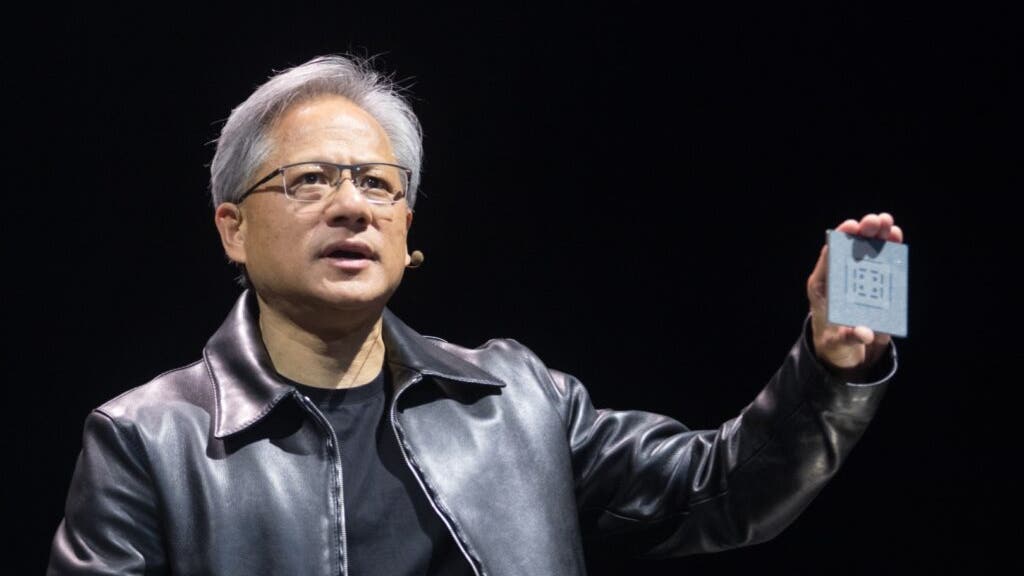On Thursday, Nvidia Corp, led by founder Jensen Huang, forged a partnership with the Vietnamese government to establish a new artificial intelligence research and development center. This initiative is part of a broader effort to advance AI technology within Vietnam, as reported by Bloomberg. Taking a significant role in this venture is Viettel Group’s data center, which will collaborate closely with Nvidia to propel the development of sophisticated AI solutions in the region. Furthermore, Nvidia has acquired VinBrain, the AI unit of Vingroup JSC, which Huang regards as a critical step towards creating a major design center for future advancements, particularly in healthcare technology.
In addition to the engagement with Vietnam, Jensen Huang’s recent meetings do echo a growing trend in Southeast Asia’s technological aspirations. He also met Thailand’s Prime Minister Paetongtarn Shinawatra, agreeing to support the enhancement of the country’s AI infrastructure. This reflects the region’s commitment to consolidating its semiconductor supply chains in a bid to lessen dependence on China. Coinciding with these strategic collaborations, Vietnam has set ambitious goals for its semiconductor industry, aiming for annual revenues exceeding $100 billion by 2050. The Vietnamese government is targeting the establishment of three major data centers and three AI centers by the year 2030.
Huang’s visit to Vietnam earlier this year underscored his intent to engage with leading tech firms operating in the nation. Nvidia has already pledged a substantial investment of $250 million to form alliances with significant technology companies within Vietnam, focusing on deploying AI capabilities across various sectors, including cloud computing, automotive technologies, and healthcare. This multi-faceted approach is crucial as Vietnam positions itself as a competitive player in the AI and semiconductor landscape, showcasing the country’s intentions to attract foreign investment.
Vietnam’s policies are designed to foster a favorable environment for foreign firm participation, allowing 100% ownership of data centers by international investors. This initiative aims to draw major corporations to establish a presence in Vietnam, with notable examples such as Amazon and its cloud computing division, Amazon Web Services. Additionally, Apple Inc’s supplier, Hon Hai Precision Industry Co (often known as Foxconn), has made significant investments in the region, committing $80 million to a new chip manufacturing facility and securing further approvals for additional funding towards chip production.
Nvidia’s substantial stock performance, with shares rising over 200% year-to-date, has drawn attention from various analysts who suggest that the company is well-positioned for success in the AI sector. Industry analysts from firms like JPMorgan and Goldman Sachs have indicated that Nvidia represents a prime opportunity within the AI landscape, benefiting from a robust ecosystem supported by full-stack AI hardware, high-performance gaming, data center demands, and advancements in autonomous vehicle technologies. This growing demand for AI infrastructure amplifies the company’s prospects as they expand their global reach.
At the close of trading on Thursday, Nvidia’s stock saw a modest increase of 0.31%, reaching $145.60. Amidst the surge in investments and anticipated growth in Vietnam’s AI and semiconductor industries, Nvidia’s collaborative ventures signal a strategic focus on establishing a strong footprint in Southeast Asia. By partnering with government initiatives and leading domestic companies, Nvidia aims to capitalize on the region’s rapidly evolving tech landscape and further drive advancements in artificial intelligence. This partnership not only highlights Vietnam’s commitment to technological innovation but also reflects the broader trends reshaping the global semiconductor and AI sectors.

